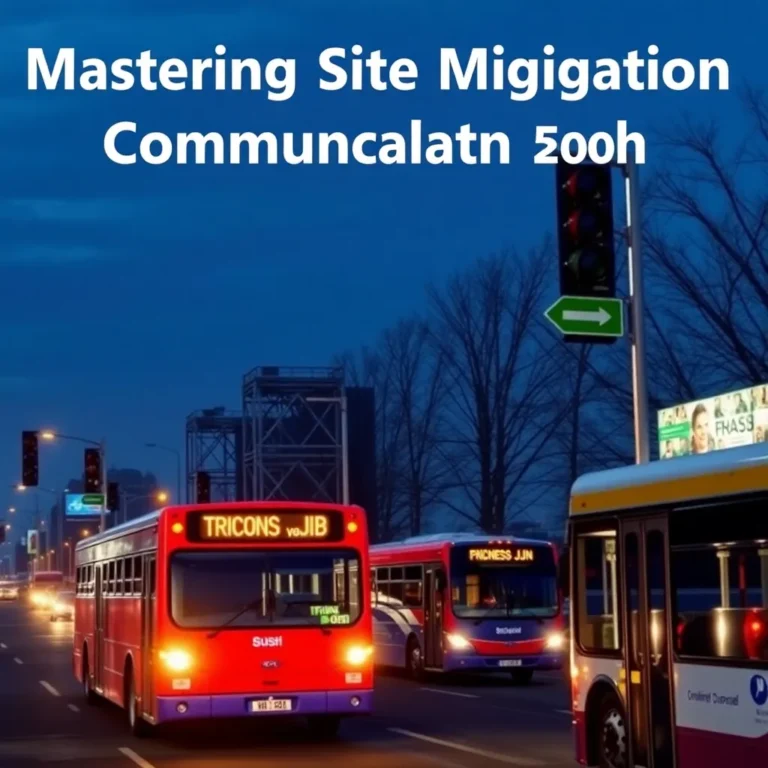Google’s &num= Parameter Removal: Impact on SERPs & Moz Pro
Google’s decision to remove the long-standing `&num=` parameter has sent ripples through the SEO industry, fundamentally altering how search engine results pages (SERPs) are scraped and analyzed. This parameter, previously appended to Google search URLs (e.g., `google.com/search?q=keyword&num=100`), allowed users and SEO tools to specify the number of organic results displayed per page, typically up to 100. Its removal means that search results now default to Google’s standard display of 10 to 20 results per page, significantly impacting data collection strategies.
The primary consequence of this change is a substantial increase in the cost and complexity of SERP scraping. Before, tools could make a single query with `&num=100` to retrieve a large dataset. Now, to gather the same amount of data, multiple queries are required, each returning only a fraction of the previous volume. This translates directly into higher operational costs for SEO platforms, as they must execute more API calls, consume more proxy bandwidth, and manage a greater volume of individual requests. This shift not only affects the financial overhead but also introduces potential delays in data acquisition and processing, making it harder to maintain comprehensive and fresh datasets.
For specific examples, Moz Pro, a prominent SEO tool, has had to adapt significantly. Historically, Moz Pro leveraged the `&num=100` parameter for its data collection, particularly in features like Keyword Explorer and Rank Tracker. With its removal, Moz Pro now retrieves SERPs at their default lengths. This means that while the core functionality remains, the underlying data collection mechanisms have been re-engineered. Users might not see a direct change in the interface for all features, but the internal processes are more intensive. Moz Pro and similar tools face the challenge of maintaining their data depth and accuracy without passing prohibitive costs onto their users, necessitating innovative solutions for data aggregation and efficiency in a landscape where obtaining extensive SERP data is now inherently more resource-intensive.
(Source: https://moz.com/blog/num-100-and-changing-serp-lengths-in-moz-pro)









